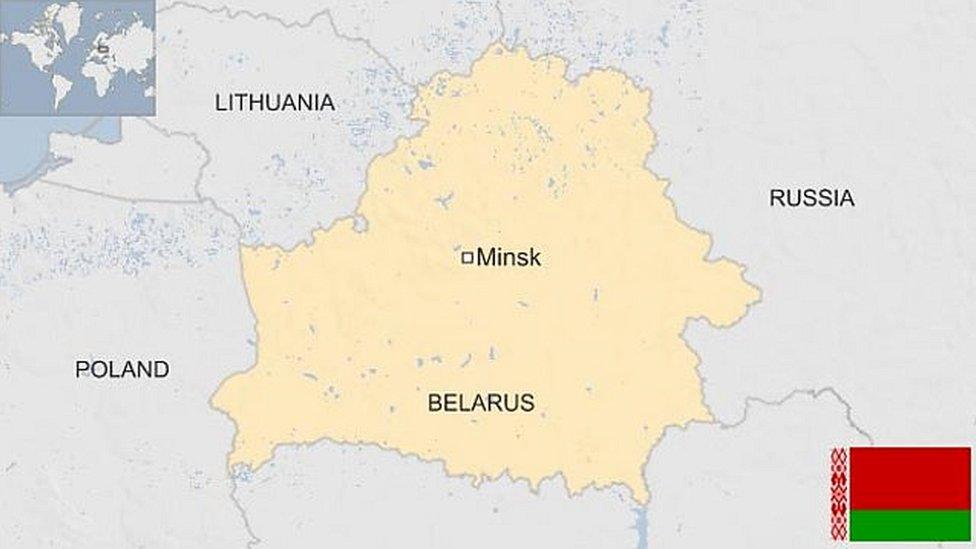Belarus protests: Government defends mass arrests
- Published
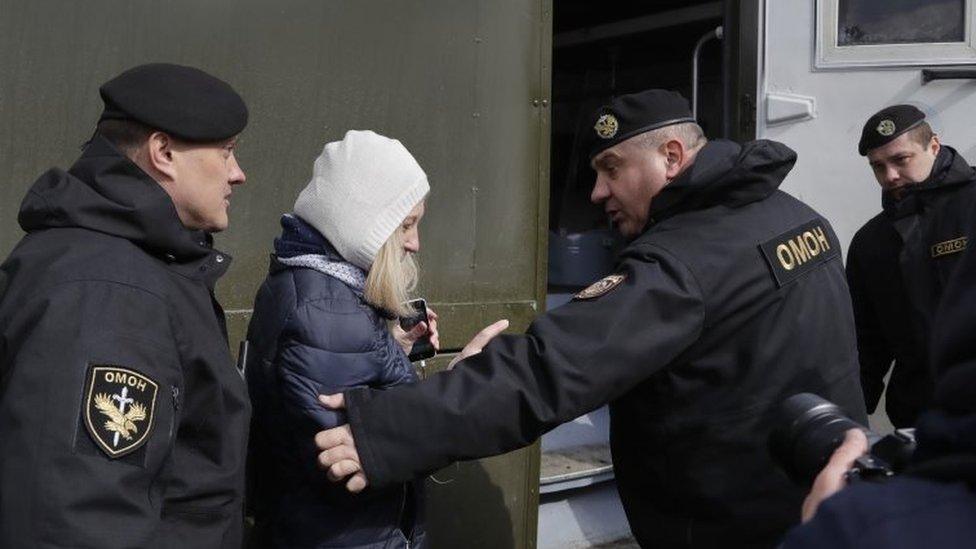
Dozens were detained on Sunday, including human rights activist Tatyana Revyaka
Belarus has defended the arrests of hundreds of people who were taking part in rare protests on Saturday.
About 400 people were detained, and some beaten, in the protests against a tax on those classed as under-employed.
More people were arrested on Sunday in further demonstrations in the capital, Minsk, and other cities.
Belarus tolerates little dissent but has recently been seeking to improve ties with the West and reduce its dependency on Russia.
The foreign ministry said the demonstrations on Saturday were not peaceful, as "petrol bombs and arms-laden cars" were found near the Minsk protest.
Several dozen people were detained in central Minsk, according to the news website Tut.by, external, as they expressed solidarity with those held on Saturday.
Human rights website Charter97, external said there were more, small protests, in other cities.
Defending the government, foreign ministry spokesman Dzmitryy Mironchyk said the "actions of law enforcement agencies were completely appropriate" on Saturday.
He said the rallies had been unauthorised, which "bears specific consequence in any country of the world", and noted that no tear gas or water cannons were used.
Opposition crackdown
Separately, the family of senior opposition figure, Mikalay Statkevich, have said they are concerned for his welfare because he has not been heard from since 24 March. An opposition website quoted the security services as denying knowledge of his whereabouts.
Mr Statkevich had been expected to lead Saturday's protests.
The BBC filmed the beatings as protesters were arrested
The authorities are reported to have jailed more than 100 opposition supporters for terms of between three and 15 days in the lead-up to Saturday's demonstration.
The weekend's events follow weeks of sporadic protests against a $230 (£185) levy on those unemployed for six months, dubbed a "social parasites" tax.
President Alexander Lukashenko insists the tax will not be scrapped and says it instils discipline in the workshy.
However, he has suspended it for this year. Opponents say it punishes those who cannot find a job.
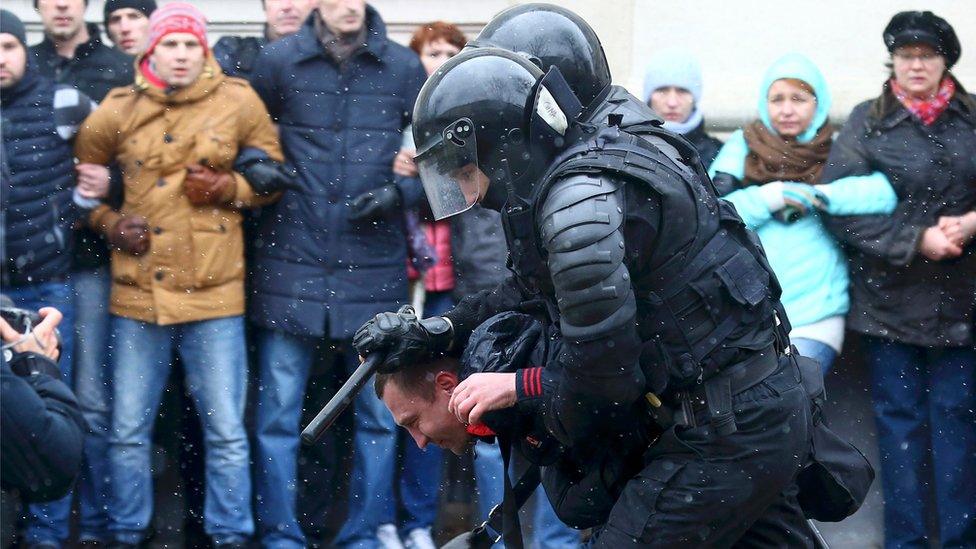
Hundreds of protesters were arrested
Described by some in the West as "Europe's last dictator", Mr Lukashenko has ruled Belarus since 1994.
He has recently been trying to improve ties with the West and reduce the country's dependence on Russia.
- Published9 March 2017
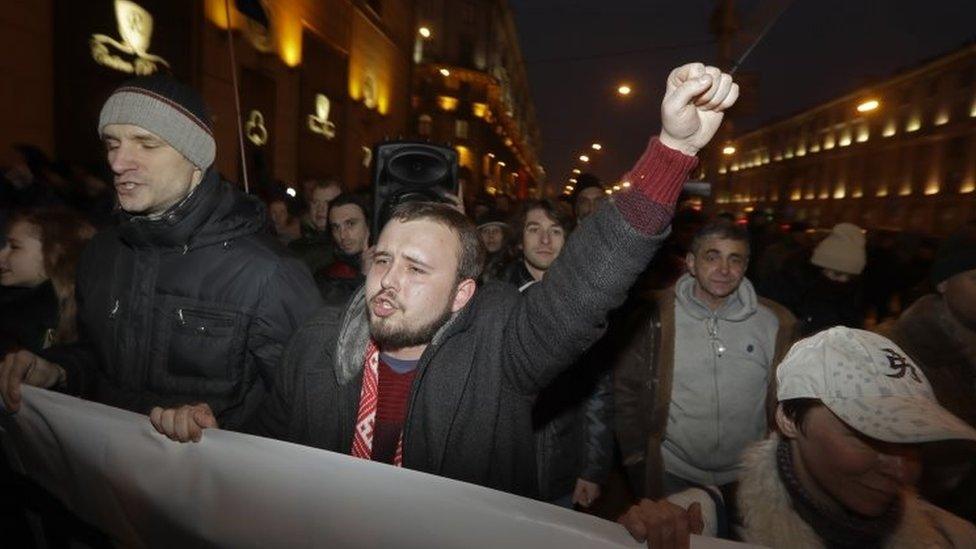
- Published17 October 2016
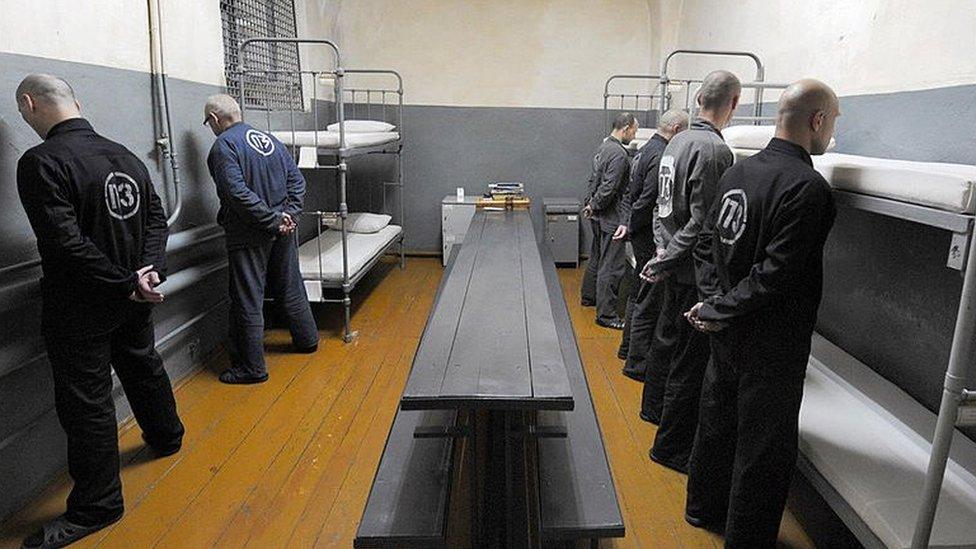
- Published12 September 2016
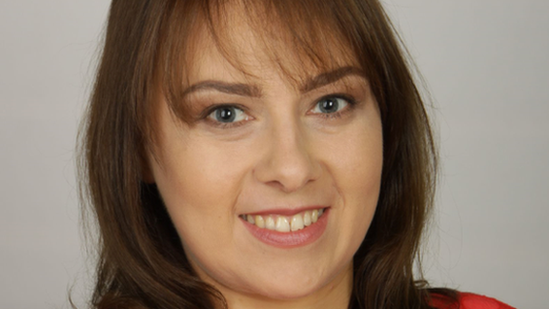
- Published27 January
